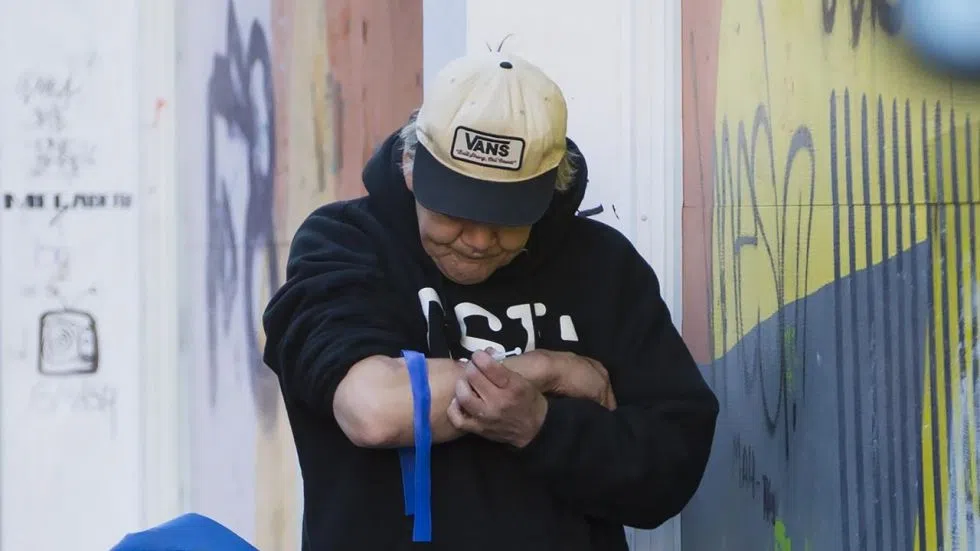
B.C. wants federal action after 1,500 deaths from illicit overdoses last year
VICTORIA — British Columbia’s mental health and addictions minister has joined health officials to call for a safer drug supply to fight the rising overdose death toll while urging the federal government to open a “courageous conversation” on decriminalization.
“They are not prepared to do that at this time but we’re pushing the limits within British Columbia,” Judy Darcy said Thursday after the BC Coroners Service reported 1,489 people overdosed last year.
The province is using “every available tool” to address the crisis but criminalizing people living with addiction has not worked, she said, adding some police forces are co-operating on projects that connect drug users to outreach teams to begin treatment instead of arresting them.
“We have some pilot projects that are happening in downtown Vancouver, where we are working to increase people’s access to safe prescription alternatives to a poisoned street supply,” she said.


